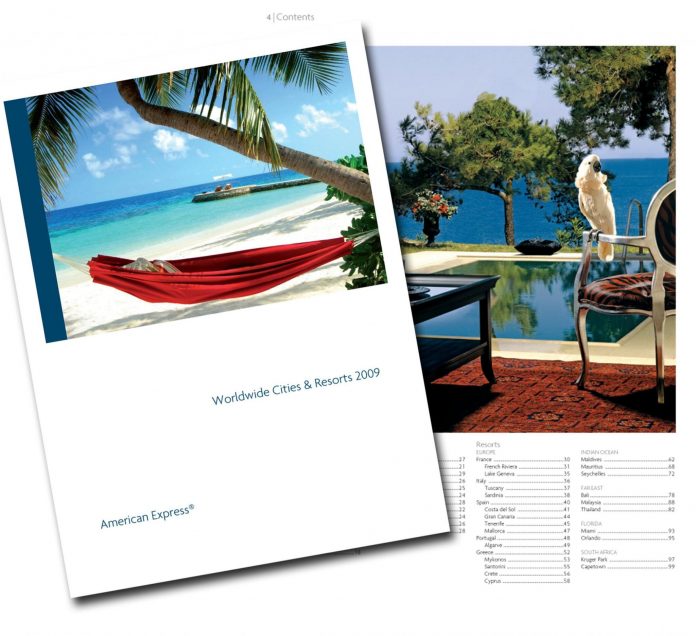
Travellers from the UAE, Egypt and Saudi Arabia indicate technology has made their travel planning and booking considerably more spontaneous in 2014 – with expats and locals in Saudi Arabia and Egypt driving the rising impulse-travel trend.
54% of online bookers from the fourth annual YouGov Travel Oracle say technology has made their travel planning and booking ‘a lot’ more spontaneous versus 37% 12 months ago. The YouGov Travel Oracle is an annual syndicated online study of consumer habits and attitudes towards travel and tourism – which surveyed 22,686 Travellers in MENA between August and September 2014.
Evidence shows tablet and smartphone usage is increasingly prevalent in planning and dreaming travel this year. Travellers in the UAE and Egypt are using smartphones more often to engage with travel-related content pre-trip in 2014, catching up with travellers in Saudi Arabia who already displayed a significant affinity to smartphones in 2013. Tablet usage is up slightly in the UAE and significantly in Egypt, with particularly high usage of tablet apps and reading more involved information sources such as online travel guides.
Hotel bookings through travel portals such as Booking.com or Expedia are up year-on-year in all three Middle Eastern power markets (44% in 2014 vs. 29% in 2013). Interestingly, we see a particularly sharp rise in Egypt from only 16% of respondents booking hotels through travel portals in 2013, to a significant 40% in 2014.
Booking hotels via smartphone/tablet apps has also risen in all three markets since last year, with a 6% increase in app happy respondents (from 9% in 2013 to 15% in 2014 overall). The rising trend in smartphone and tablet usage in Egypt is also prevalent for online travel bookings, with particularly high adoption of bookings via a tablet over the past year.
When it comes to flying, insight shows mobile technology is evolving traveller touch points. Usage of electronic boarding passes has increased the most since last year, up 13% (24% vs. 37% in 2014). The popularity of e-gates (26%) and in-flight internet (31%) is also up from 2013, both rising from 21%.
Overall, Travel Oracle data illustrates a phased adoption of mobile technology in travel, from the UAE to Saudi Arabia to Egypt (in that order). Findings from the last year show more travellers are beginning to leave their laptop and feature phones behind in favour of travelling with their tablet and smartphone in 2014.
The smartphone is increasingly being adopted as a tether to home for travellers on the go for the focus markets, connecting them with friends and family and keeping them constantly in touch while on holiday. To a limited, but growing, extent, the smartphone is also an enabler, serving as an on-the-fly planning and booking device at their destination. Generally speaking, the tablet’s place is ‘on-resort’, with respondents increasingly favouring the device as an entertainment center first and foremost, used most frequently to read books, read travel reviews/guides and play games.


































